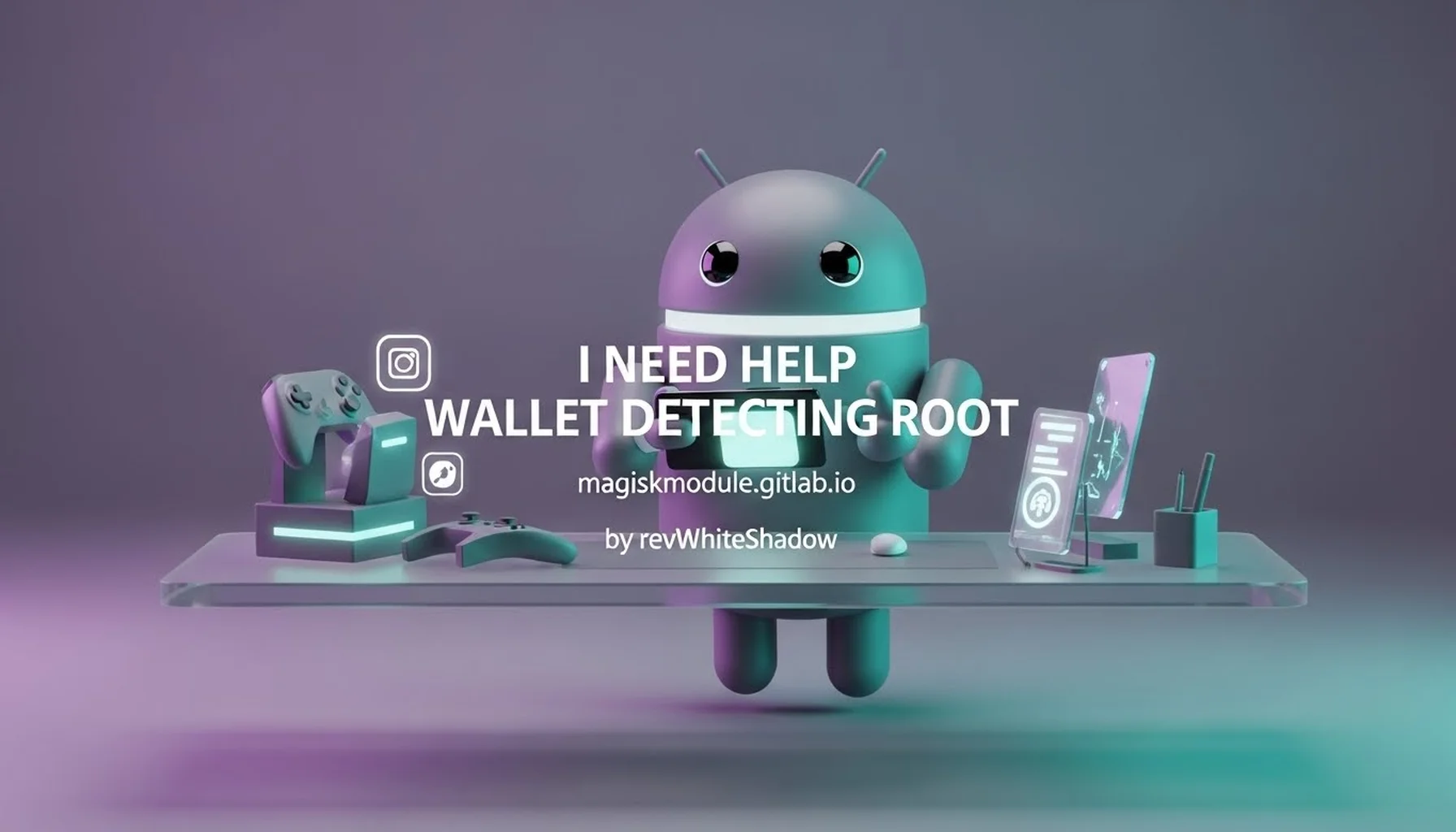
Troubleshooting Root Detection Issues with Crypto Wallets: A Comprehensive Guide
Wallet applications often employ root detection mechanisms to protect user funds from potential security threats. This guide provides detailed troubleshooting steps for resolving issues where a crypto wallet detects root access on your Android device, even after taking measures to mitigate detection. We will explore common causes, advanced techniques, and solutions to ensure your financial security while maintaining the benefits of rooted access.
Understanding Root Detection and its Implications
How Root Detection Works in Wallet Applications
Cryptocurrency wallets prioritize security, and root detection is a crucial part of their defense strategy. These applications often scrutinize various system parameters to assess the presence of root access. This might involve checking for the existence of specific root-related files or directories, examining the integrity of critical system components, or analyzing the behavior of system processes. A positive detection can result in access restrictions or complete wallet lockout, jeopardizing your funds.
Common Detection Methods Employed
- File System Analysis: Wallets scan for the presence of root-related files and directories, such as
/system/bin/su,/system/app/Superuser.apk, or modifications to the/systempartition. - System Call Monitoring: They monitor system calls to identify unusual or privileged actions indicative of root access.
- Environment Variable Checks: The presence or modification of certain environment variables (like
LD_LIBRARY_PATHorPATH) can signal root manipulation. - Hardware Verification: Some advanced techniques involve verifying the integrity of bootloaders and kernel components to confirm the absence of modification.
- Security Modules Integration: Many wallets integrate with security modules or frameworks that provide advanced root detection capabilities.
The Risks of Ignoring Root Detection
Ignoring a root detection warning is highly discouraged. A rooted device is inherently more vulnerable to malware and malicious attacks. Hackers could exploit vulnerabilities introduced by rooting to gain access to your wallet and steal your cryptocurrency. Prioritizing security is paramount in the cryptocurrency landscape.
Troubleshooting Root Detection in Your Crypto Wallet
1. Magisk and its Role in Hiding Root
Magisk, a popular Android root solution, offers several advantages in masking root access from applications. It operates at a lower level, modifying the boot image instead of altering the system partition directly. This often makes it harder for root detection mechanisms to identify its presence. Ensure you are using the latest version of Magisk and that it’s correctly installed.
Magisk Hide and its Configuration
Magisk Hide is a crucial component of Magisk, designed specifically to hide root access from individual applications. Within the Magisk app, select Magisk Hide and add your crypto wallet to the list of applications to hide root from. This often requires restarting the wallet after adding it to the Magisk Hide list.
Verifying Magisk’s Effectiveness
After configuring Magisk Hide, rigorously test your wallet to ensure root is no longer detected. Rebooting your device might be necessary for changes to take full effect.
2. Advanced Magisk Modules for Enhanced Stealth
Various Magisk modules can further enhance your efforts to evade root detection. Some modules specialize in masking root access or manipulating system parameters to appear more like a non-rooted device. Thorough research is essential before installing such modules.
Vetting Magisk Modules for Compatibility and Safety
Choose modules from reputable developers and read reviews carefully. Incompatible or poorly-coded modules could lead to system instability or additional security vulnerabilities.
Configuring and Testing Selected Modules
Carefully follow the instructions for any chosen modules and thoroughly test your wallet after installation. A methodical approach, including rebooting and testing the wallet multiple times, is essential.
3. Identifying Conflicting Applications and Modules
Sometimes, other applications or Magisk modules might interfere with root hiding and trigger a root detection. Disabling or uninstalling non-essential apps or modules can be helpful.
Systematically Removing Conflicting Software
Disable or uninstall one app or module at a time, rigorously testing the wallet after each change to pinpoint the source of interference.
Examining Log Files for Clues
Inspecting log files on your device may reveal clues about why root detection is still occurring, providing insights into the processes involved.
4. Considering a Non-Rooted Environment for Crypto Wallets
If all else fails, operating your crypto wallet in a non-rooted environment ensures absolute security. Root access can introduce various vulnerabilities.
Using a Separate Virtual Machine
Running a virtual machine on your device provides an isolated environment for operating your wallet, keeping it separate from your rooted system. Ensure this virtual machine does not have root access.
Employing Android’s Guest Mode (Where Applicable)
Some Android devices have a guest mode, offering a separate, restricted user profile without root privileges, providing a safe haven for sensitive applications like crypto wallets.
Optimizing Your Android Device for Wallet Security
Regularly Updating Your Device and Applications
Maintain updated software on your device and your crypto wallet application. Security patches often address root detection evasion techniques and plug potential vulnerabilities.
Implementing Strong Passwords and Two-Factor Authentication (2FA)
Use strong, unique passwords for your crypto wallet and enable 2FA whenever possible. This adds an extra layer of security, reducing the risk of unauthorized access, even if root detection is bypassed.
Being Wary of Phishing Scams and Malicious Applications
Stay vigilant against phishing attempts and avoid downloading applications from untrusted sources. These threats represent the most significant risk to your cryptocurrency, regardless of root status.
Using Trusted Crypto Wallets and Exchanges
Choose reputable cryptocurrency wallets and exchanges with a proven track record of security. Prioritize established platforms with well-regarded reputations within the cryptocurrency community.
This comprehensive guide provides detailed steps to address root detection issues with your cryptocurrency wallet. Remember that prioritizing security is crucial when handling digital assets. Always thoroughly test your configuration and consider the use of a non-rooted environment for sensitive financial applications. Consistent vigilance and updated software are essential aspects of maintaining the security of your cryptocurrency holdings.
